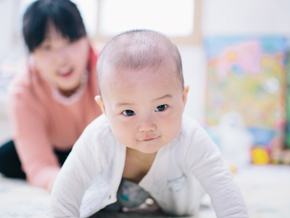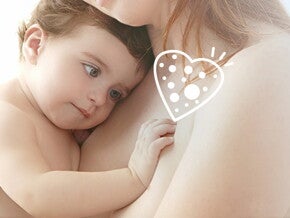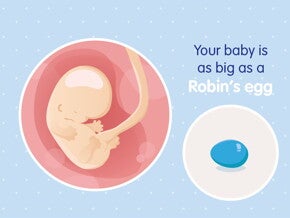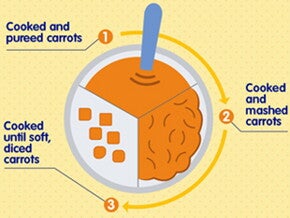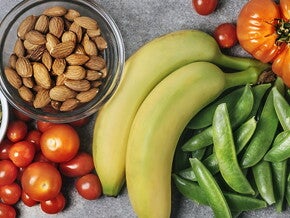
Signs of Baby blues vs postpartum depression
Wondering how to know if I have postnatal depression? You’ve just birthed a human, your whole has been turned upside down, and you haven’t slept for what feels like an age. That’s enough to make anyone wonder if they’re going mad. But when does having a spot of baby blues become postpartum depression? The Edinburgh Postnatal Depression Scale is a Postnatal depression quiz developed by experts that helps to identify signs of baby blues vs postpartum depression. Baby blues may be caused by hormonal changes in the first week or so after giving birth. Postpartum depression, after having a baby, often occurs in the coming weeks and months and can happen up to a year after the birth. Answer the questions below to start a conversation about how you’re feeling. The quiz is for use between 6–8 weeks postpartum and you should select the answer that best describes how you’ve felt in the past seven days—not just today. It is strongly recommended that you carry out the quiz with your healthcare provider (HCP).
- I have been able to laugh and see the funny side of things
As much as I always could = 0
Not quite so much now = 1
Definitely not so much now = 2
Not at all = 3
- I have looked forward with enjoyment to things
As much as I ever did = 0
Rather less than I used to = 1
Definitely less than I used to = 2
Hardly at all = 3
- I have blamed myself unnecessarily when things went wrong
Yes, most of the time = 3
Yes, some of the time = 2
Not very often = 1
No, never = 0
- I have been anxious or worried for no good reason
No, not at all = 0
Hardly ever = 1
Yes, sometimes = 2
Yes, very often = 3
- I have felt scared or panicky for no very good reason
Yes, quite a lot = 3
Yes, sometimes = 2
No, not much = 1
No, not at all = 0
- Things have been getting on top of me
Yes, most of the time I haven’t been able to cope = 3
Yes, sometimes I haven’t been coping as well as usual = 2
No, most of the time I have coped quite well = 1
No, I have been coping as well as ever = 0
- I have been so unhappy that I have had difficulty sleeping
Yes, most of the time = 3
Yes, sometimes = 2
Not very often = 1
No, not at all = 0
- I have felt sad or miserable
Yes, most of the time = 3
Yes, quite often = 2
Not very often = 1
No, not at all = 0
- I have been so unhappy that I have been crying
Yes, most of the time = 3
Yes, quite often = 2
Only occasionally = 1
No, never = 0
- The thought of harming myself has occurred to me
Yes, quite often = 3
Sometimes = 2
Hardly ever = 1
Never = 0
The Edinburgh Postnatal Depression Scale results
Add up your scores for each answer, if your total is 10 points or more, speak to your HCP. But bear in mind, the Edinburgh Postnatal Depression Scale is just a guide so if you experience any feelings of depression after having a baby or you’re concerned about any signs of baby blues, it’s always best to seek professional help.
In a recent survey supported by Nestlé, with 8,000 new parents in 16 different countries, over a quarter of moms reported suffering from baby blues—so you are not alone. (Learn more at www.theparentingindex.com) It can really help to talk—to friends and family, and your HCP will be able to put you in touch with postpartum depression counselling services and postpartum support groups if you need it. You can also search online for helplines run by trusted charities and read our checklist on coping with baby blues for more help. Being a parent is the toughest job in the world, so get the support you need so you can be your best self to your little one, and remember, “This too shall pass.” You’ve got this.
Sources:
Cox JL, Holden JM, Sagovsky R. Detection of postnatal depression: Development of the 10-item Edinburgh Postnatal Depression Scale. The British Journal of Psychiatry. 1987; 150(6):782-786.
http://www.perinatalservicesbc.ca/health-professionals/professional-resources/health-promo/edinburgh-postnatal-depression-scale-(epds) (Accessed July 2020)
